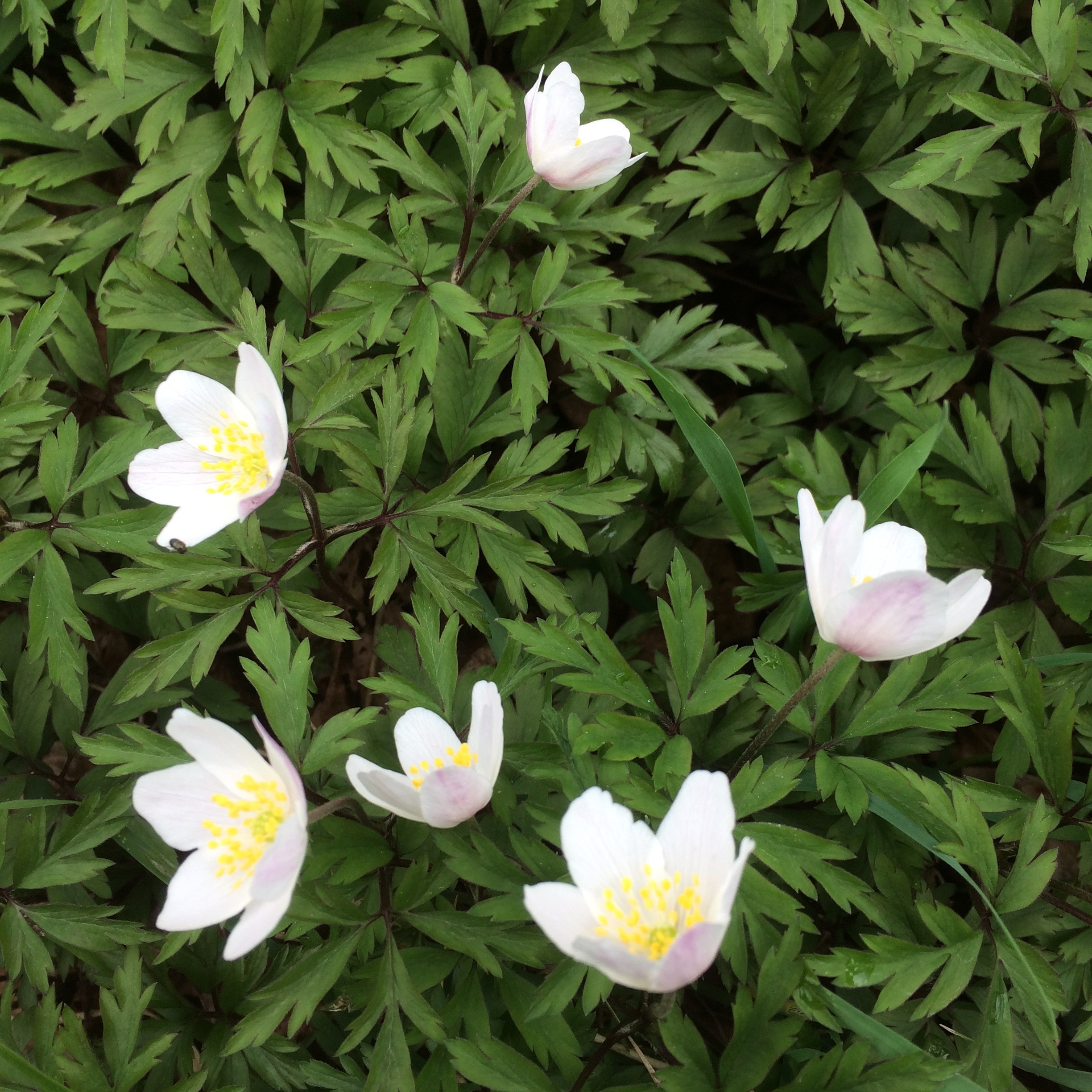Quaker origins
Quakers, under their original title of the Religious Society of Friends, arose in mid-17th Century England, in the period of the Civil War and the Commonwealth. The early Friends, like other dissenting groups, rejected the established Church, whether Catholic or Anglican, and held that God and Christ were to be found in one’s own heart and conscience, and not through priests, dogma, ritual or observances, nor even primarily through scripture. Their identification of the divine spark in everyone led them early to oppose war and to recognise that other religions could offer valid alternative routes to the deeper meaning or purpose of the universe. In their meetings for worship, they ‘waited in the light’ until someone was inspired to minister. Their tendency to tremble or shake while ministering earned them the mocking nickname of ‘Quakers’.
Re-examining their lives through the prism of conscience, Friends adopted certain guiding principles, such as plainness and simplicity in speech and manners, adherence to truth, and pursuit of peace, justice and equality. These principles, sometimes called ‘testimonies’, have served Friends well. They understood from the beginning that religion should not take you away from the world but inspire you to mend and improve it. In worship, and in our decision making and action, while we draw always from the well of divine inspiration, we find strength also in our collective endeavour and accumulated experience.
Quakers today
Quakers are still here, and have indeed spread across the world. They have taken different forms in different places and times, but everywhere retain the intrinsic connection between inward enlightenment and outward action. We gather in small groups across the face of the planet, searching for deeper and more practical truth. In our silent worship, we offer a sanctuary from the tumult of the world. In that silence we can contemplate the story of our own lives amid the continuing revelation of the universe.
Current social forms, cultural practices and knowledge can never be complete or final, so we are always at liberty to question, to welcome new insight, to try to see beyond, and to experiment. Our lives are short, and the world large. If you are looking for room to develop the spiritual dimension of your life among likeminded others, or feel that a better world might be possible than that which contemporary society appears to allow, you might find fellowship and a way forward among Friends.

